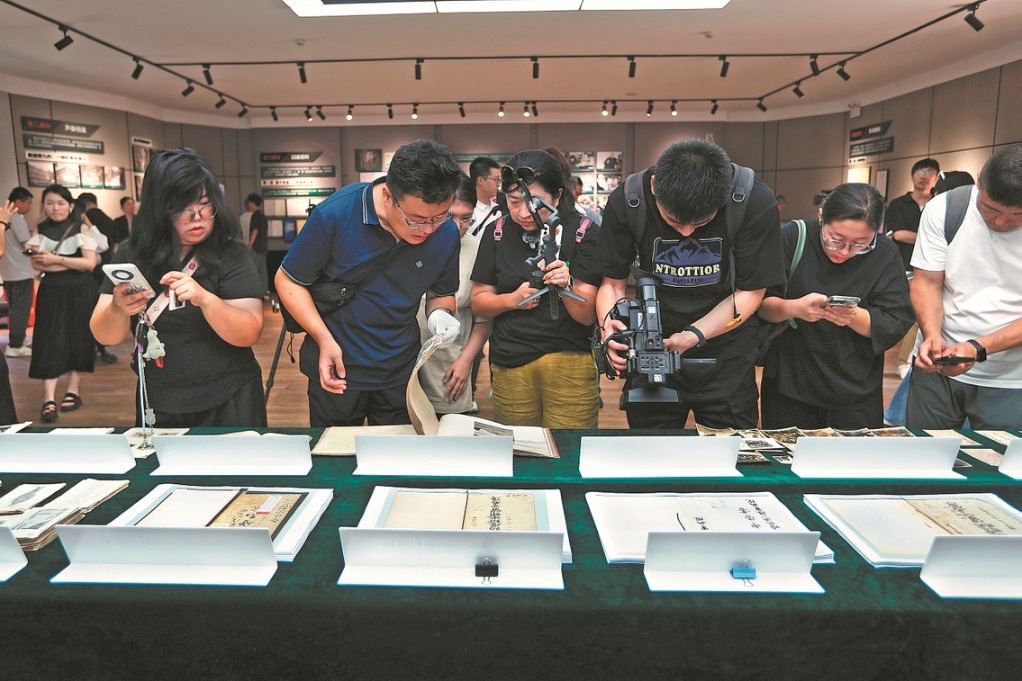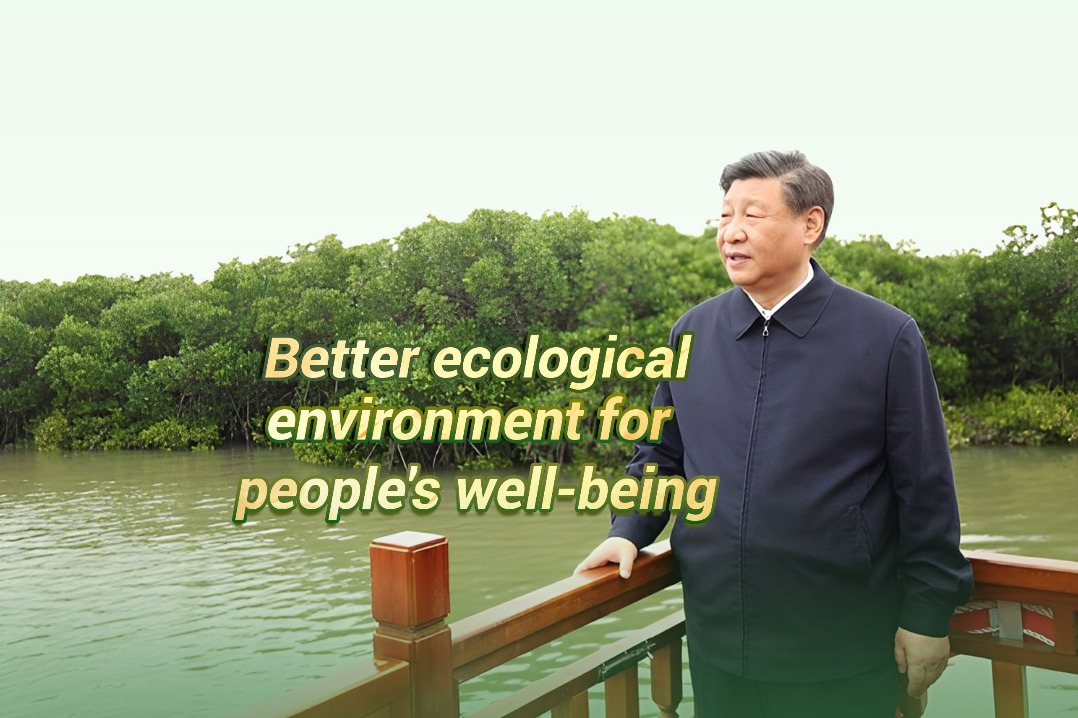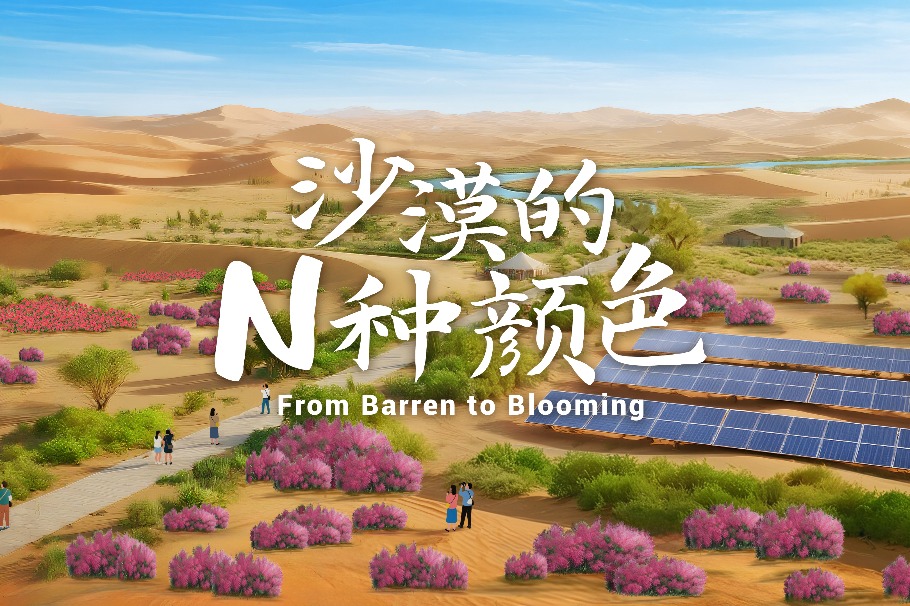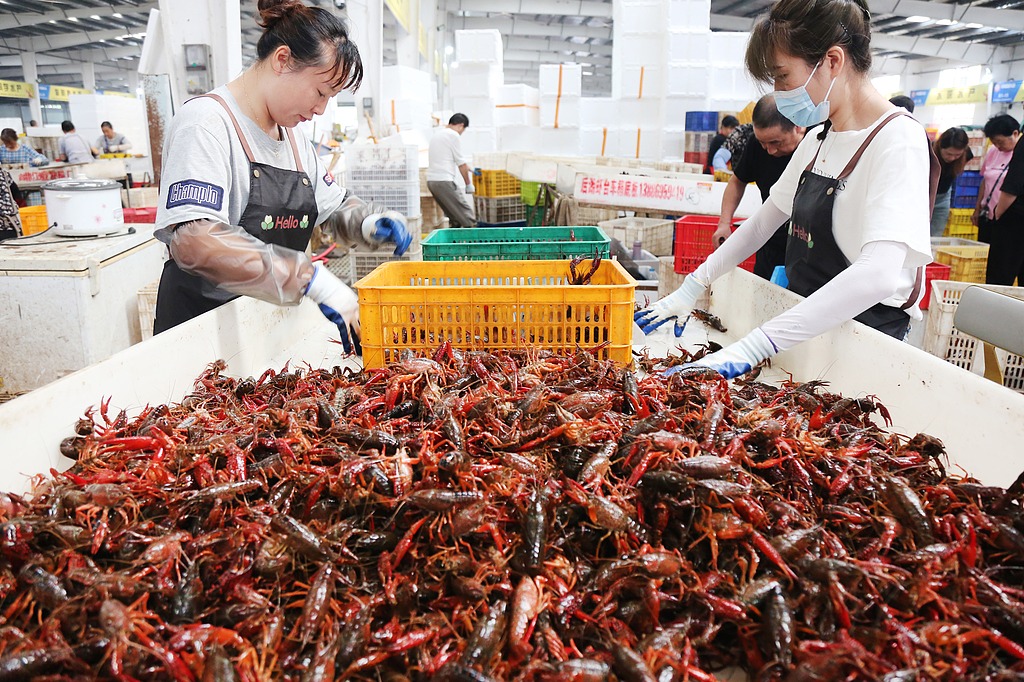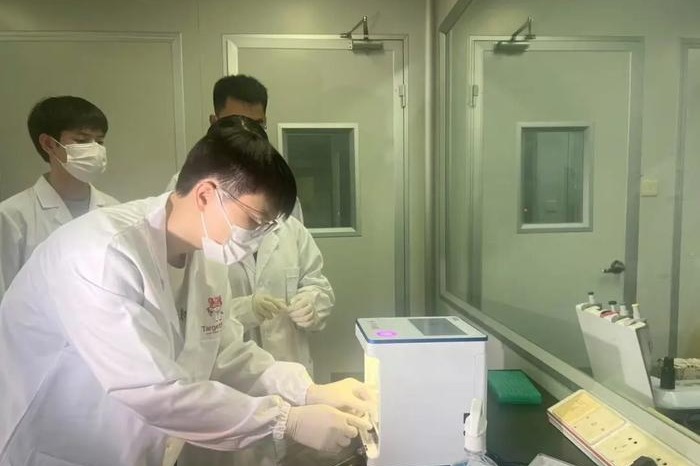US 'de-risking' hinders clean energy transition
Steps to reduce dependence on supply chains from China won't work: Experts

The United States, seeking to assert its own leadership and reduce dependence in the clean energy sector, has embarked on a "de-risking" strategy, aiming to decouple its supply chains from China. But insiders warn that approach could prove unsustainable, harming both the US and the global fight against climate change.
De-risking through measures such as subsidies and tariffs to reduce dependence on China-dominant supply chains and implementing trade protectionism won't work, they say.
A complete "decoupling" from China is impossible, H.L. Yiu, chief corporate development officer of Hong Kong Science and Technology Parks, told China Daily at the Consumer Electronics Show, or CES, in Las Vegas last week.
He led a delegation from China's Greater Bay Area to showcase innovations at the tech show, with a focus on sustainable technologies. Taking the region, a hub for clean energy technologies, for example, he said that integrated supply chains, rapid tech-to-market pipelines and thriving startups hold the keys to success.
He pointed at the lost opportunities by the US from offshoring decades ago for cheap production, leaving the country lagging in domestic manufacturing capabilities.
The Barack Obama era's $90-billion clean energy initiatives under the 2009 Recovery Act serve as a cautionary tale. Although well-intentioned, the initiatives ultimately stalled due to political interference and left many of the era's startups bankrupt.
Domestic market
"In contrast, Beijing proactively stimulated its domestic market. The government heavily subsidized electric vehicles and domestic solar installations," said Henry Sanderson, executive editor of Benchmark Mineral Intelligence, a London-based provider of data and analysis on the battery supply chain.
The result is China's current leading position in the manufacture and deployment of both technologies, he added.
"But that feat is not solely a result of subsidies. In many cases, the Chinese scaled up and manufactured better products than Western companies," Sanderson wrote in an article published by Foreign Affairs.
Chinese companies such as Shenzhen-based YJC Group, despite facing US tariffs, are finding success with cost-effective EV batteries, attracting attention at the CES.
"We have complete supply chains, and the competing EV market in China also drives up the demand and lowers the cost," said Denny Du, YJC's vice-general manager.
He sees potential in the US, from electric golf carts to electric pickup trucks. "There are about 18,000 golf courses in the US, and electric golf carts are in great need," said Du. "And the surging gas prices are making more farmers embrace electric vehicles."
Acknowledging that the company's US dealers have expressed concerns over supply chains, Du said, "Cost-efficient solutions win market share, regardless of origin."
In the clean energy sector, China is far ahead in terms of access to critical minerals: China produces almost 70 percent of the world's graphite for batteries, processes more than 90 percent of the manganese for batteries, and produces most of the world's polysilicon for solar cells.
The US tariffs on Chinese solar products have caused the US Solar Energy Industries Association to reduce its 2023 and 2024 installation projections by 46 percent, after major developers cautioned about significant project delays.
Meanwhile, US renewable subsidies jumped to $15.6 billion in 2022 from $7.4 billion in 2016, according to a report by the Energy Information Administration.
Simply throwing taxpayer money at the problem, as the US has done with its renewable energy subsidies, is considered unsustainable.
In the clean energy sector, "the difficulty of successfully de-risking with respect to China has not been adequately understood by Western leaders or communicated to the public", said Sanderson.
His opinion is echoed by the findings of an October report by the European think tank Bruegel.
"Part of the European Union and US response to reduce reliance on China is reshoring production, but this is economically inefficient given their limited access to critical raw materials and high production costs. Moreover, Chinese firms are far ahead of the rest of the world in green tech manufacturing and innovation," said the report.
Today's Top News
- China holds 2nd rehearsal for event marking 80th anniversary of victory over Japanese aggression, fascism
- Foreign athletes embrace culture, innovation at Chengdu World Games
- Meet again? Putin says: Next time in Moscow
- Zelensky to meet Trump in Washington on Monday
- Wang Yi to visit India from Monday
- Trump, Putin tout 'productive' Alaska talks without apparent breakthrough
















